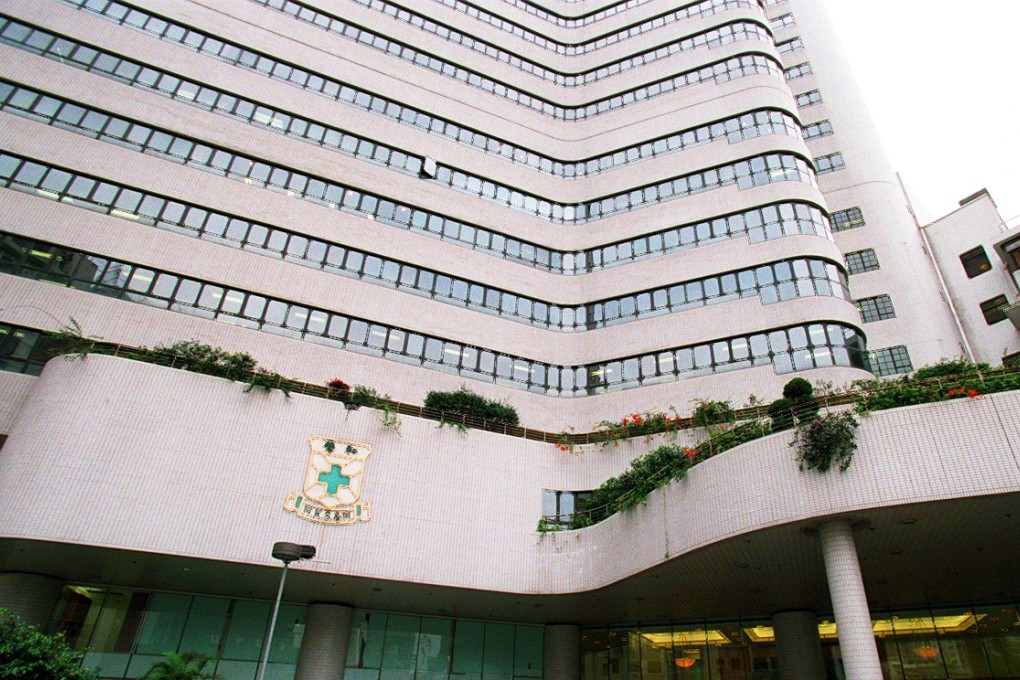Mixed views on insurance plan
Economists warn that health-care reform scheme might not solve long-term financial problems associated with an ageing population

A health insurance reform scheme that went to public consultation yesterday might put off an impending health care crisis, economists said, but would not effectively relieve the financial pressure on the medical sector caused by an ageing population.
The long-delayed voluntary health insurance scheme would impose 12 new requirements on private health insurance providers. It is intended to encourage more people to buy insurance, to offset public-sector medical costs as the average age in the city rises.
But after the government announced those requirements yesterday, economists questioned whether it would be able to achieve its goals.
The scheme "cannot effectively solve the financial pressure brought by an ageing population", said Polytechnic University Professor Peter Yuen Pok-man, who specialises in health services management. "The risk pool is eventually borne by the young people, but there are fewer young people due to the changing structure of the population."
But he said the latest version of the scheme was an improvement on previous drafts. In addition to requiring private insurance firms to offer better coverage, it lowers the limit on extra fees for members of high-risk groups - such as the elderly or chronically ill - to twice that of healthy participants instead of three times, as suggested in an earlier draft. He called that "less ridiculous" than before.
By 2041, one in every three people in Hong Kong will be elderly, the government said in a policy document on population. Yuen suggested the government establish a fund earmarked for health care for elderly people.
"If the government invested HK$10 billion annually in the fund, it would be similar to having a mandatory medical fund with people saving 3 per cent of their salaries," he said.